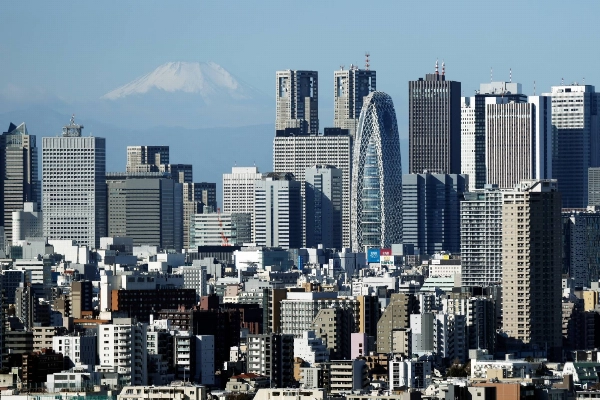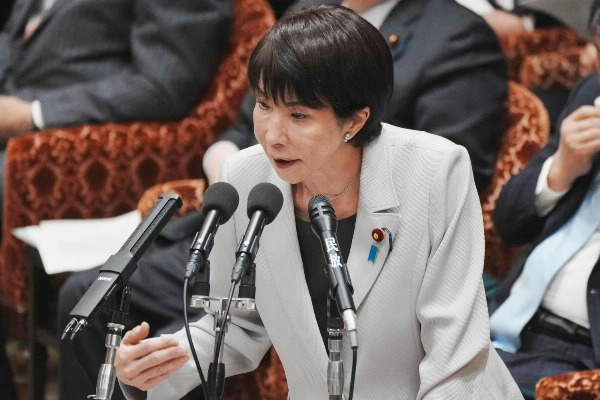At least 12 people were killed and 27 others wounded Tuesday in an attack on Pakistan’s capital, Islamabad, according to officials. It was the first major attack to hit the city in more than a decade and comes as Pakistan is facing a resurgence of assaults by several insurgencies.
An attacker detonated a bomb near the entrance of a courthouse around lunchtime, according to the Pakistani interior minister, Mohsin Naqvi. He said the attacker had tried but failed to enter the court complex, with hundreds of lawyers, defendants and judges inside. The attacker died at the scene, authorities said.
The attack has raised alarm that insurgent violence, confined in recent years to Pakistan’s western regions, has reached its urban centers. Islamabad, a quiet, leafy city of a million people, is the seat of political power and home to embassies and the headquarters of many international organizations.
The Pakistani defense minister, Khawaja Asif, said Pakistan was “in a state of war.”
“Anyone who thinks that the Pakistan army is fighting this war in the Afghan-Pakistan border region and the remote areas of Balochistan should take today’s suicide attack at the Islamabad district courts as a wake-up call: This is a war for all of Pakistan,” Asif said on social media.
Adam Weinstein, deputy director of the Middle East program at the Quincy Institute in Washington, called the attack “deeply ominous.”
“Bomb blasts have moved from the frontier back into Pakistan’s cities,” he said in a text message. “With its guarded checkpoints into the city and proximity to army headquarters, Islamabad is the ultimate litmus test. If Islamabad isn’t safe, nowhere is.”
A group affiliated with the Pakistani Taliban claimed responsibility for the attack, according to The Khorasan Diary, a digital platform in Islamabad that monitors militant activity in the region. However, through a spokesperson, the Pakistani Taliban, known as Tehrik-e-Taliban Pakistan or TTP, denied any connection to the blast.
A similar situation occurred in 2023 when a suicide bombing killed more than 100 people, mostly police officers, at a mosque in the northwestern city of Peshawar. A group linked to the Pakistani Taliban claimed responsibility for the attack, but the TTP distanced itself, saying it avoided targeting civilians.
Without providing evidence, Prime Minister Shehbaz Sharif of Pakistan accused India in a social media post of having instigated Tuesday’s courthouse attack and Afghanistan of harboring the attackers.
In a statement, a spokesperson for India’s Foreign Ministry, Randhir Jaiswal, rejected that claim. “India unequivocally rejects the baseless and unfounded allegations,” he said.
The Pakistani Taliban have killed hundreds of Pakistani police officers and security personnel over the past several years, but the group has typically attacked police checkpoints and military outposts.
The last major attack in Islamabad attributed to the Pakistani Taliban occurred in 2014, when militants killed 11 people in an assault on another courthouse.
Tuesday’s courthouse attack was the second in less than two days in Pakistan.
Khalid Mandokhel, a lawyer who was in the court’s cafeteria at the time, said the blast was so strong that it threw him off his chair.
“There was smoke everywhere and complete chaos afterward,” he said. “If it had happened inside the courtroom, the number of casualties could have been much higher.”
By Tuesday evening, Pakistani soldiers had been fighting for more than a day against militants they said belonged to the TTP and who stormed a military college in the country’s west Monday. More than 350 people had been evacuated from the site, but 300 others were still stranded, according to the Pakistani army.
Attacks by the Pakistani Taliban have been at the center of tensions between Pakistan and neighboring Afghanistan, which have escalated to cross-border military clashes and Pakistani airstrikes on Afghanistan’s capital and its second-largest city in recent weeks.
The Pakistani government has accused the Taliban administration in Afghanistan of funding and providing a safe haven for the Pakistani Taliban’s leaders and militants, who then conduct attacks on the other side of the border.
The Afghan Taliban, in power since 2021, have denied backing the Pakistani Taliban and say the two entities are officially distinct. Still, the groups share long-standing and deep ties. They fought together against Pakistani and NATO forces in Afghanistan and its border areas before the Taliban came back to power.
Recent talks mediated by Qatar and Turkey collapsed after Pakistan accused Afghanistan of refusing to commit to stop backing the Pakistani Taliban.
“Pakistan’s expectation was that with passage of time, Taliban regime would be able to control these attacks and take concrete actions against the TTP elements present on Afghan soil,” Pakistan’s Foreign Ministry said in a statement Sunday after the latest rounds of talks collapsed.
“The response from the Taliban regime has only been hollow promises and inaction,” it added.
Through a spokesperson, Afghanistan condemned the attacks in Islamabad and on the military college.
This article originally appeared in The New York Times © 2025 The New York Times Company























With your current subscription plan you can comment on stories. However, before writing your first comment, please create a display name in the Profile section of your subscriber account page.